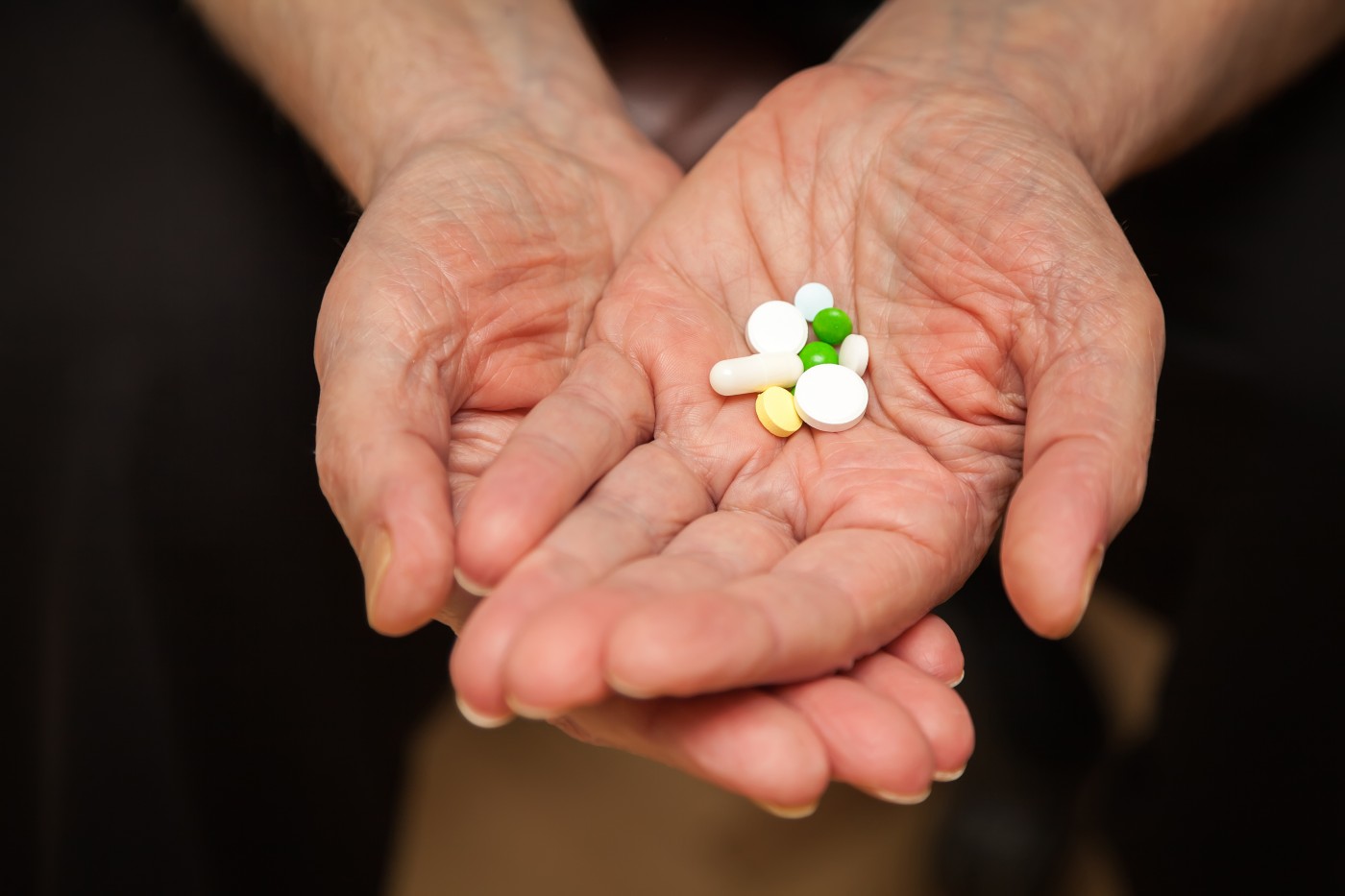Results from a recent study entitled “Efficacy and safety of weekly leflunomide for the treatment of early rheumatoid arthritis: a randomized, multi-center study”, published in the International Journal of Rheumatic Diseases, revealed that a weekly dose of 50 mg leflunomide has similar benefits to a daily dose of 10 mg leflunomide for the treatment of mild-to-moderate early rheumatoid arthritis.
Leflunomide (LEF) has become of increasing value for the treatment of rheumatoid arthritis (RA), and was ranked in the top three therapeutic drugs recommended for RA by the American College of Rheumatology (ACR) in 2008.
In 2010, the European League Against Rheumatism (EULAR) suggested that both LEF and methotrexate (MTX) were fundamental medicines for the treatment of RA. Studies have shown that LEF monotherapy is efficient in the treatment of RA, and has an equivalent efficacy to MTX treatment. Moreover, both LEF and MTX have been found to exert significant beneficial effects over placebo in placebo-controlled trials.
To determine the efficacy and safety of a weekly dose of leflunomide (50 mg/week) in early rheumatoid arthritis patients with mild or moderate disease activity, Dr. Yin Su from the Department of Rheumatology and Immunology, Peking University People’s Hospital, along with colleagues, conducted a randomized, controlled, open, multi-center clinical trial over a 24-week period.
Participants were randomly divided into two groups. In the treatment group (weekly administration of 50 mg LEF, LEF 50), LEF tablets were administered orally once per week. The dosage for the first week was of 30 mg, followed by 50 mg weekly up to 24 weeks. In the control group (daily administration of 10 mg LEF, LEF 10), LEF was administered orally at a dose of 10 mg/day up to 24 weeks. All patients were evaluated at 0, 4, 8, 12, 18 and 24 weeks.
A total of 244 patients with early mild-to-moderate RA from nine hospital centers took part in the study. Diagnosis was based on the criteria for RA classification formulated by the ACR in 1987. Results revealed that at baseline, the DAS28 (ESR) (disease activity score calculators for rheumatoid arthritis) of the ERA patients was of 4.41 ± 0.69 in the LEF 50 group and 4.52 ± 0.64 in the LEF 10 group, respectively.
At week 24, the DAS28 (ESR) in the two groups significantly decreased when compared with the baseline, respectively. There was no significant difference in DAS28 (ESR) between the LEF50 and LEF10 groups at week 24.
At weeks 8, 12 and 24, the EULAR response (good responses + moderate responses) were 47.6%, 58.7% and 59.5%, in the LEF50 group and 43.2%, 49.1% and 53.4% in the LEF10 group, respectively. The results showed no significant differences in the EULAR response rates in the two groups at week 8, 12, and 24, respectively.
Based on these results, the researchers concluded that RA treatment with a weekly dose of LEF is easy, low cost and has an excellent safety profile, with no significant differences between the group of patients who received a weekly dose of 50 mg LEF and those who received a daily dose of 10 mg LEF.
According to the team, this treatment protocol may increase patient compliance, while maintaining the therapeutic activity of the anti-RA drug. The authors also noted that this is a particularly attractive treatment strategy for patients with mild-to-moderate RA who have less favourable economic circumstances, as it provides a new option for the clinical treatment of RA.


